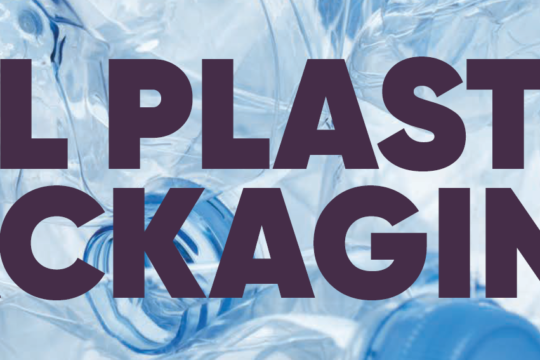The communal waste study was undertaken by accessgreen limited in partnership with People Behaviour Technology Integration group from Cork Institute of Technology and was co-funded by European Regional Development Fund.
The survey included 17 apartment blocks in which 985 people were addressed. From those addressed we got 244 responses from which we could use 217.
Main findings from the communal waste study are:
Up to 84% of the respondents have a positive attitude towards recycling organic waste
Women show a slightly higher intention to recycle organic waste then men
Motivation and intention correlate with each other. Someone who has a high motivation to recycle organic waste also holds a high intention and vice-versa
The Dublin City Council Study had 2/3 non-native English speaker in their assessed apartment blocks, so we assumed the same. The result was that we had over 2/3 English speaker and less then 1/3 non-English speaking participants.
People put also glass and organic waste into the dry recycling bin
The main factor which demotivates people to recycle more is that others don’t sort their waste correctly
To motivate people to recycle more would be glass bins, more recycling bins and compost bins
The developed resident’s engagement strategy based on the behaviour model calibrated at a subset of instrumented bin stores can be simultaneously used at all other not instrumented bin stores. This can significantly reduce the overall system installation and operation cost (CAPEX and OPEX) with the system scale.
Integrating and engaging with residents through the targeted feedback we are rising their awareness and making them feel the ownership in contrast to security companies monitoring and guarding bin stores.
This work has emanated from research supported in part by a research grant from Science Foundation Ireland (SFI) and is co-funded under the European Regional Development Fund under Grant Number 13/RC/2077 and 16/SP/3804.
accessgreen proud to be an CONNECT industry partner.



Comments are closed.